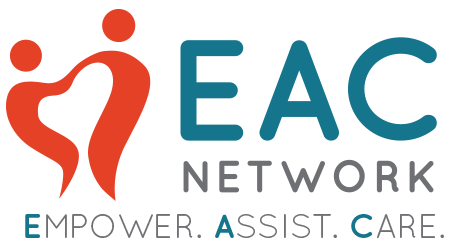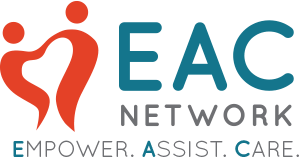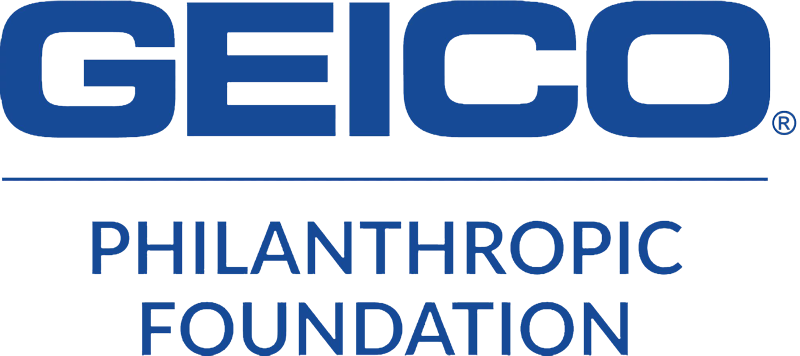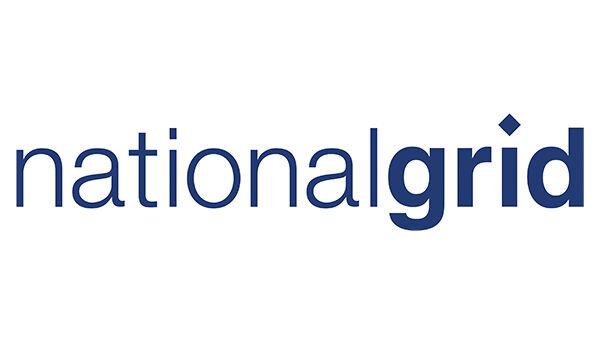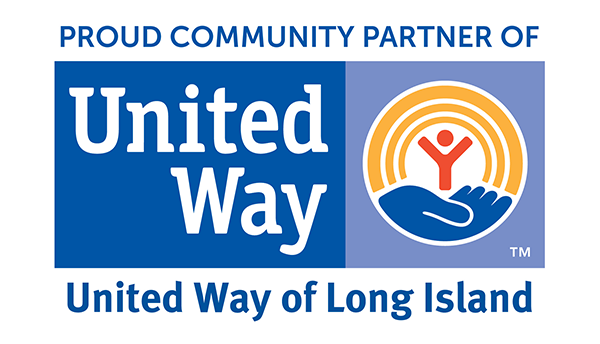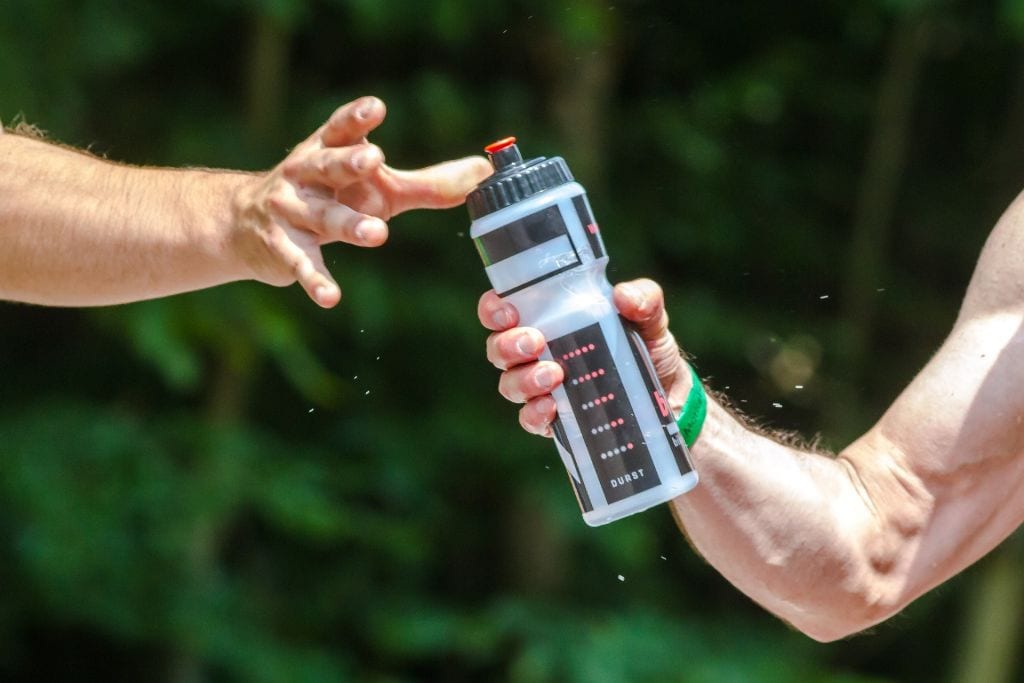 Most Americans, 75% to be exact, are considered chronically dehydrated. This is more than enough proof that dehydration can affect anyone. Dehydration is much more than simply not drinking enough water; the consequences of being dehydrated can lead to numerous health issues ranging from mild to even life-threatening. For example, dehydration can produce inflammation throughout the body, affecting multiple body systems. Things like high blood pressure, asthma, arthritis, and depression are just a few of the conditions that can result from chronic inflammation.
Most Americans, 75% to be exact, are considered chronically dehydrated. This is more than enough proof that dehydration can affect anyone. Dehydration is much more than simply not drinking enough water; the consequences of being dehydrated can lead to numerous health issues ranging from mild to even life-threatening. For example, dehydration can produce inflammation throughout the body, affecting multiple body systems. Things like high blood pressure, asthma, arthritis, and depression are just a few of the conditions that can result from chronic inflammation.
Preventing dehydration can also act as preventative care and maintenance for the ailments that can accompany it. EAC Network’s DSRIP PAM program, which works to engage and activate non-users of the health care system to utilize primary and preventative care services by providing information resources, emphasizes preventative care. By accessing educational materials and implementing preventative measures, you can not only stave off certain medical issues, but also improve your health overall.
Water, Water Everywhere
By far the best way to prevent dehydration is by keeping a consistent intake of water throughout the day. This isn’t hard at all to do! Simply carry a water bottle with you as you go about your day. You don’t need to chug or gulp it down, either. Sip from your water periodically all day long, and before you know it, you’ve consumed multiple bottles, keeping you well-hydrated. Keeping water nearby at all times is especially important if you’re having a lot of fatigue, so you don’t have to make frequent trips to get a drink.
If you still find it difficult to drink enough during your day, you can also get an extra boost of hydration by incorporating foods with a high water content. Bonus: these foods are full of vitamins and minerals that can help replace electrolytes that are lost with the water excreted from your body. If you don’t have an appetite or are on dietary restrictions, healthy popsicles, fruit sorbet (not to be confused with sherbert), and ice-chips may go over better. To replace those electrolytes that were mentioned, try sports drinks or even chicken broth (good if you want something savory or to switch things up).
First Line of Defense
Once you’re already at a water deficit, you may already be experiencing some negative side effects, from simple thirst to more severe things like fatigue, confusion, and cracking skin (to name just a few). This takes a toll on your body, plus it can make it more difficult to rehydrate properly. It simply can’t be emphasized enough: prevention is your best line of defense.
To start, don’t wait to have a drink until you’re thirsty. If you’re already feeling your thirst, it’s likely that you’re already dehydrated, and then you’ll be playing a game of catch-up. You should also make water a part of your morning and night-time routine by drinking a glass of water before bed, and another when you first wake up. Another important tactic that often goes overlooked is treating the possible causes of dehydration, like vomiting and diarrhea. Reducing or eliminating these will really help keep your water levels at a healthy level.
Millions of dollars are spent every year due to non-emergency hospital visits, many of which could be avoided by being proactive with at-home and preventative care. Having a healthy water intake may seem like such a simple measure, and you’re right – it is. The benefits, however, are plentiful, and include saving medical expenses, aiding the economy by avoiding ER visits, and most importantly, keeping you healthy.
* * *
 Jennifer Perry followed her passion of freelance writing. When she isn’t working, she loves long hikes among nature, cooking and being with her family.
Jennifer Perry followed her passion of freelance writing. When she isn’t working, she loves long hikes among nature, cooking and being with her family.


